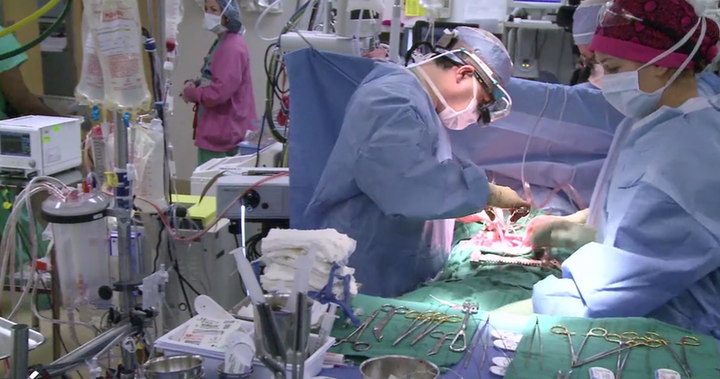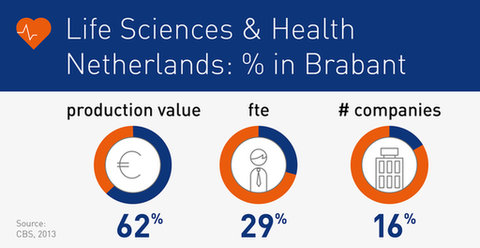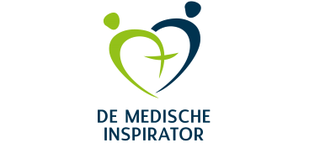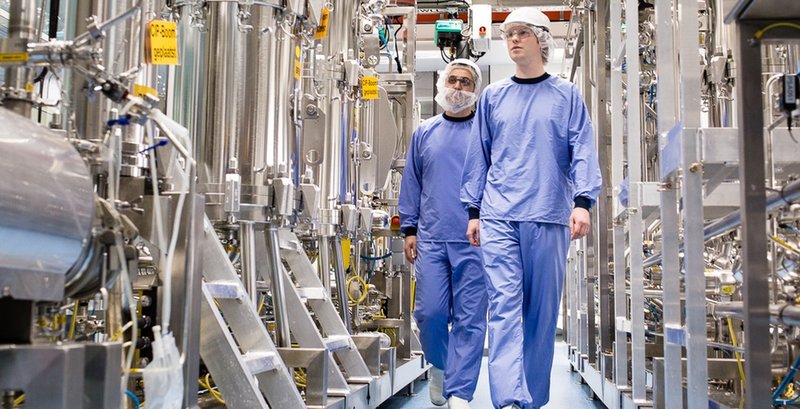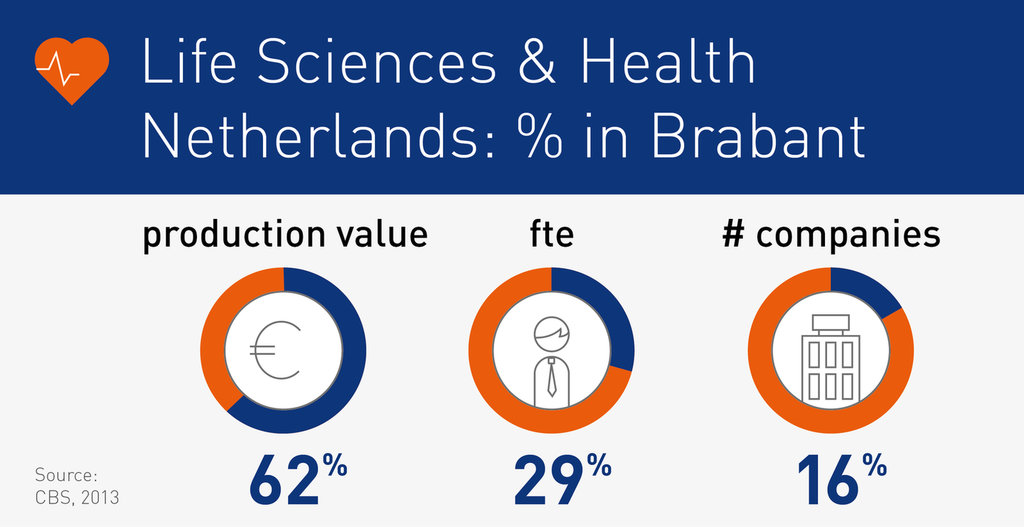Research & Development
How Life Sciences & Health Innovation meets Engineering
Top Sector Life Sciences & Health visits Eindhoven University of Technology (TU/e).
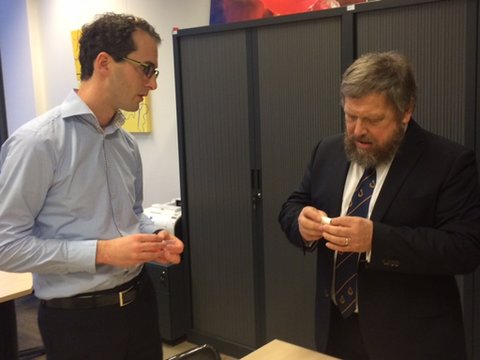
At the beginning of this year prof. Jan Raaijmakers, chairman of Top Sector LSH, and prof. Nico van Meeteren, executive director of Top Sector LSH, visited TU/e. For TU/e this was a good opportunity to show how good their strategic activities match the targets of the Top Sector. It was good to see how the work is carried out in practice. Especially the translational character of the research, the intensive cooperation with industry and clinical partners, as well as the added value of engineering sciences in the field of biomedical technology were eye-openers for both men.
Part of the visit of Raaijmakers was a tour at TU/e spin-off company Xeltis (formerly Qtis/e) by Dr. Martijn Cox. Xeltis is a medical device company that develops a biodegradable heart valve prosthesis that develops into a living heart valve inside the body of the patient by attracting the body’s own cells. Recently Xeltis has completed a €3 million euros extension to its series B financing, bringing the total round to €30 million euros. With the money they want to continue the research and clinical studies to work towards clinical application of the technology.
Raaijmakers also visited Prof. Maarten Steinbuchanother and the company: Preceyes, a TU/e spin-off company in the field of Health. Preceyes’ high-precision robotic system targets ocular surgery, with vitreoretinal surgical procedures as the initial target market. The technology promises to improve the delivery of existing ocular surgery as well as enabling the development of new treatments such as high-precision drug delivery, assisting eye surgeons in performing the most demanding surgical tasks.
Recently Preceyes, Nightstar and the University of Oxford have entered into a collaboration for the development of a high-precision drug delivery technology in the eye. Nightstar will use the Preceyes robotic device to further refine the delivery of gene therapy to the subretinal space for a range of inherited retinal diseases and will purchase the Preceyes Surgical System for use in human gene therapy trials. In a separate collaboration, a team led by Prof. Robert MacLaren at the University of Oxford, will be initiating human clinical trials using the Preceyes Surgical System.
As a result of this visit TU/e was invited to join the strategic LSH meeting of March 2016, organized by Philips in Eindhoven, where the best practices of TU/e were shared, such as the flagships and the healthy living lab initiative. In addition, Raaijmakers and Van Meeteren were able to advice TU/e to get in contact with several partners in the sector to further strengthen their aligment and R&D propositions.
